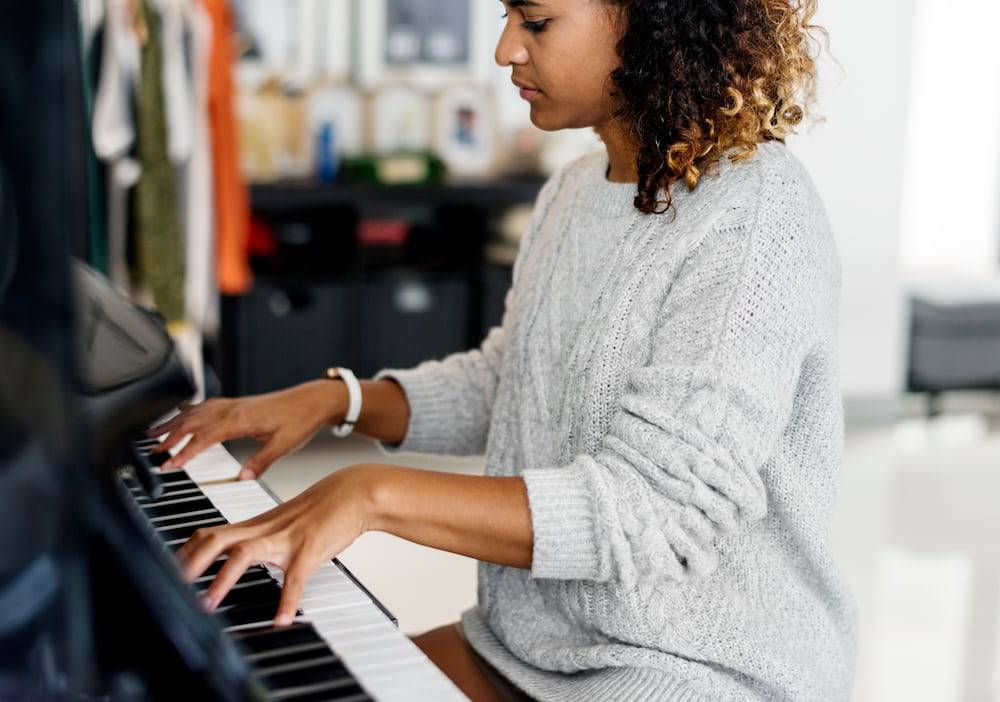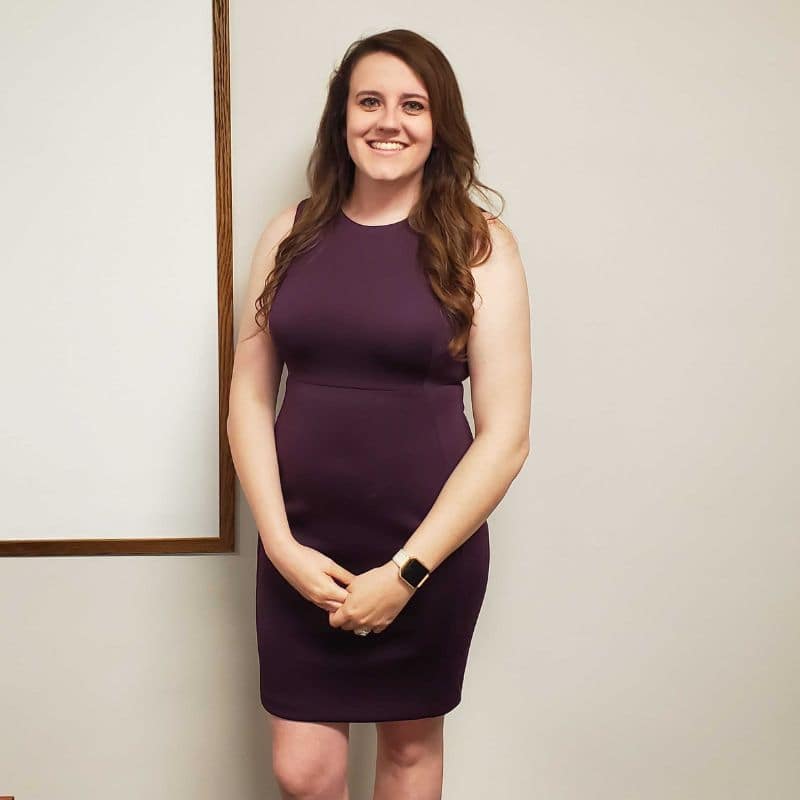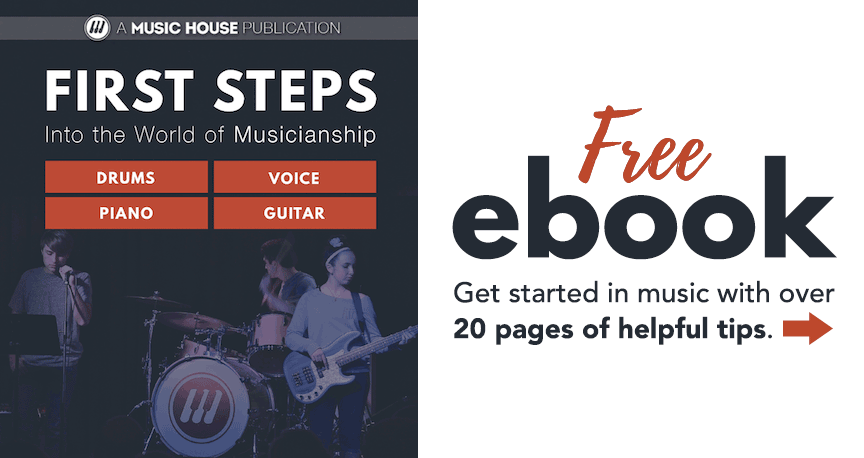8 Good Piano Playing Habits Every Student Should Know

The piano is one of the most popular instruments in the world and serves as a staple in many different genres and styles of music. It is a versatile instrument that can really change the whole dynamic of a piece of music. One of the best parts about the piano is that it is a great choice for people of all ages and skill levels. Even children as young as 5 and 6 years old can begin learning the piano and get a solid foundation for music!
That being said, there are some good habits that every piano player should be aware of. Getting into bad habits or approaching the instrument with the wrong attitude could really set you back in your musical progress. So whether you are a veteran who has been playing for many years, or you are brand new and just learning the ropes, we have some tips you will want to check out! Plus, we will als have some information about taking adult piano lessons online and face to face here at Music House.
Habit #1: Have a clear goal in mind.
Having something to strive for improves both focus and motivation. It’s important to set daily, weekly, and even monthly goals when it comes to learning and playing an instrument. One mistake that people make is that they create goals that are too vague. For example, they might say “I am going to practice everyday.” While that is a great goal, it is best to define what that looks like. Instead, say something like “I am going to practice for 20 minutes each day.” This will help you stay focused and on task.
Habit #2: Never skip warm ups.
We get it - warm ups just aren’t that exciting. However, they are extremely important. Taking just 10 to 15 minutes to warm up will make the world of difference for your playing and the quality of your practice. Not only that, but warm ups and stretches also decrease your risk of developing painful conditions like carpal tunnel syndrome and tendonitis. So even if it does seem a bit tedious at times, don’t skip warm up!
Habit #3: Take time to practice the fundamentals.
When you take adult piano lessons online or face to face, you will definitely hear your instructor tell you that fundamentals play a key role in becoming a better musician. Even if you have been playing for many years, it never hurts to review things such as scales, runs, accuracy, and timing. These technical aspects can really make or break a pianist, and taking the time necessary to include them into practice will elevate your playing to the next level.
Habit #4: Have a little patience.
There is an old adage that says ‘Rome wasn’t built in a day’. This same concept is applicable when playing the piano as well. Even veterans can struggle from time to time when trying to tackle a new piece of music. That is why it is vital to have a little patience. Don’t be afraid to slow down if you need to and take things one step at a time.

Habit #5: Bust out the metronome.
Sometimes, the best thing you can do is slow down a piece of music. Use a metronome to help guide you. It’s okay if you need to use this tool from time to time - that’s what it’s there for! Some songs are just too difficult to learn in the time that they are written, and slowing them down can help you get a better understanding of the piece. Start off slow and work your way back up to the original speed.
Habit #6: Listen to new genres and artists.
Can you think of your top 5 favorite pianists off the top of your head? Do they seem to share a lot of overlap in genre, style, and technique? If the answer is ‘yes’, then it might be time to branch out!In today’s world, we have access to so many different types of music right at our fingertips. There are free resources all over the internet that allow us the opportunity to listen to new music, watch different pianists perform, and study their forms and techniques. Take some free time to do this routinely and you might be surprised at the inspiration you find!
Habit #7: Remember to keep good posture.
One of the first things you will learn when you take adult piano lessons online or face to face is that posture is very important. You should be able to sit up straight and comfortably when seated in front of the piano. If the bench is adjustable, take a few moments to make sure that you adjust it to your height. Keep your wrists and fingers relaxed and in the starting position before you play. Double check your posture routinely as you go about practice to ensure that you prevent injury and discomfort.
Habit #8: Take a break when you need to.
Just like you wouldn’t expect an athlete to practice nonstop for hours on end, neither should you as a musician! Playing without taking breaks will put you on the fast track for injury, frustration, and even burnout. Instead, stop every now and then to get a drink of water, stretch your fingers and wrists, or simply take a deep breath. If a particular piece is giving you a lot of issues and you’re on the verge of pulling your hair out, set it aside for now! Occasional breaks are instrumental in staying productive and making the most out of your practice session.
Sign Up for Piano Lessons
Interested in learning more about the piano? Want to work with an incredible instructor to hone your skills? Need some extra help with developing good practice habits? Then sign up with Music House today! Children aren’t the only ones who can take classes, as we also offer adult piano lessons online and face to face. To get started, feel free to contact us today or browse through our course schedule on our website.

